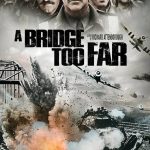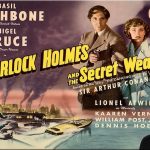🎬 The Godfather (1972): A Masterpiece of Power, Family, and Betrayal
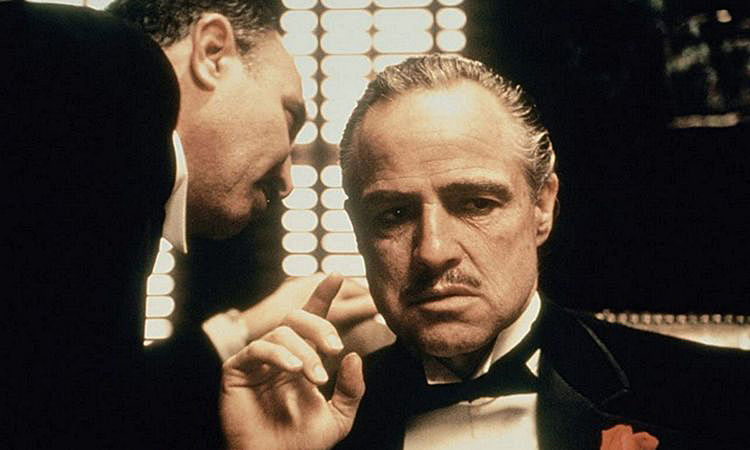
The Godfather (1972), directed by Francis Ford Coppola and based on Mario Puzo’s best-selling novel, is an epic tale of crime, family loyalty, and the consequences of power. Widely regarded as one of the greatest films in cinematic history, The Godfather masterfully balances gripping drama, morally complex characters, and stunning performances. The film not only revolutionized the gangster genre but also set the gold standard for storytelling in cinema.
Plot Overview:
Set in post-World War II America, The Godfather tells the story of the powerful Corleone family, an Italian-American mafia dynasty. At the head of the family is Vito Corleone (Marlon Brando), a respected and feared patriarch who has built a vast criminal empire based on loyalty, respect, and ruthlessness. As the film begins, Vito is overseeing the wedding of his daughter, Connie (Talia Shire), where he is approached by various figures seeking his assistance and influence.
Vito’s youngest son, Michael Corleone (Al Pacino), is initially an outsider to the family business, having chosen a path of honor as a decorated war hero. However, as tensions between the Corleones and rival mafia families escalate over the narcotics trade, Michael is pulled into the dark world of organized crime. After an assassination attempt on Vito’s life, Michael takes it upon himself to protect his family and begins a journey that will see him rise to power within the criminal underworld.
As Michael becomes more deeply involved, he carries out a series of violent acts that solidify his place at the head of the family. The film’s climax sees Michael transform from the reluctant son to the new Godfather, embracing the very violence and corruption he once sought to avoid.
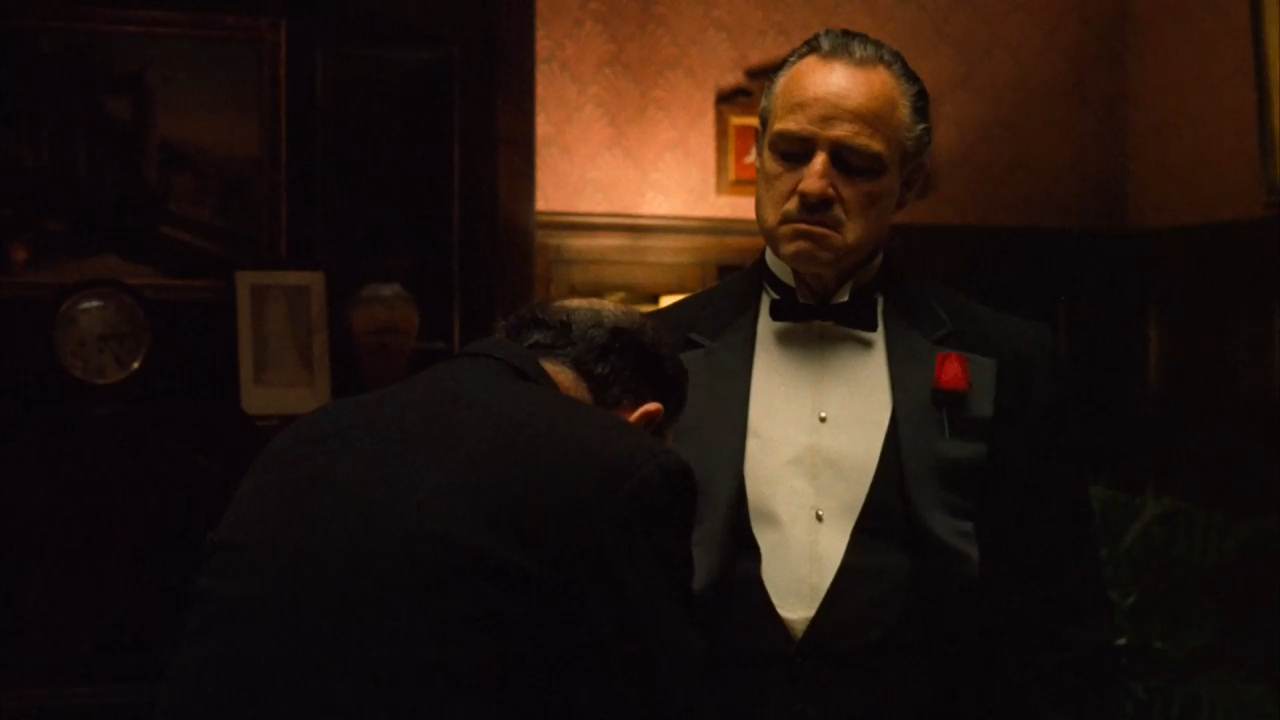
Character Development and Themes:
One of The Godfather‘s greatest strengths is its rich and complex characters, brought to life by an exceptional cast. Marlon Brando’s portrayal of Vito Corleone is legendary, with his quiet yet commanding presence embodying both the wisdom and the ruthlessness of a powerful mafia don. Vito is a man of old-world values—loyalty, respect, and family—but he is also capable of brutal violence to maintain his power and protect his loved ones. Brando’s performance, with his iconic raspy voice and mannerisms, is both magnetic and deeply human.
Al Pacino’s Michael Corleone serves as the emotional core of the film, and his transformation from a reluctant outsider to a cold, calculating leader is one of the most compelling character arcs in cinema. In the beginning, Michael is determined to live a life separate from the family business, but circumstances and a desire to protect his family lead him down a darker path. Pacino’s understated yet intense performance conveys Michael’s inner conflict, as he gradually sacrifices his morality and humanity in the pursuit of power.
James Caan’s Sonny Corleone, the hot-headed eldest son, provides a stark contrast to Michael’s more reserved nature. Sonny’s impulsiveness and aggression are key factors in the escalating violence between the mafia families. His brashness ultimately leads to his tragic downfall, symbolizing the dangers of unchecked rage and emotion in a world ruled by calculated decisions.
Robert Duvall’s Tom Hagen, the family’s consigliere, plays a vital role as Vito’s trusted adviser, guiding the family through legal and moral challenges. His loyalty to the Corleones is unwavering, and he provides a sense of stability and order in a world of chaos.

The film’s central themes revolve around power, loyalty, and the dark side of the American Dream. At its core, The Godfather is about family, not just in the literal sense but also in terms of the mafia family structure and the bonds of loyalty that hold it together. The film explores the lengths to which individuals will go to protect their loved ones and the moral compromises they are willing to make for power and security.
The theme of power is ever-present, with the Corleone family’s control over New York’s criminal underworld serving as both their greatest asset and their most dangerous liability. As Michael takes over from his father, the film raises questions about the corrupting nature of power and whether it is possible to rise to the top without losing one’s soul.
Action and Visual Style:
While The Godfather is known for its dialogue and character-driven storytelling, it also features moments of shocking violence, often depicted with a stark, almost operatic intensity. Coppola’s direction emphasizes the contrast between the quiet, intimate moments of family life and the brutal realities of the mafia world. The film’s violence is not gratuitous but rather serves as a reflection of the high stakes involved in the pursuit of power and control.
The famous scene in which Michael murders rival mob bosses and corrupt officials in a carefully orchestrated hit, intercut with the baptism of his nephew, is a masterclass in juxtaposition. The scene highlights the duality of Michael’s character—the devout Catholic and loving family man who is also a cold-blooded killer. This sequence, with its meticulous editing and haunting score by Nino Rota, stands as one of the most iconic moments in film history.
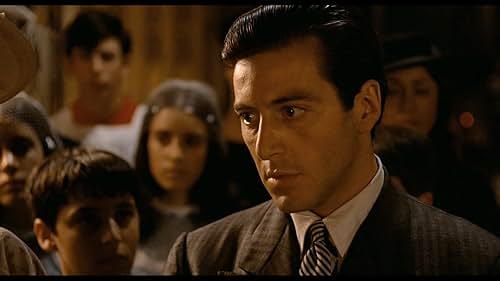
Gordon Willis’s cinematography adds to the film’s timeless quality, with its use of shadow and low lighting creating a sense of foreboding and moral ambiguity. The film’s color palette, dominated by dark tones and rich textures, gives The Godfather a visual weight that mirrors its thematic depth. The chiaroscuro lighting, particularly in scenes featuring Vito Corleone, adds a layer of mythic grandeur to the characters.
Nino Rota’s score is another essential element of The Godfather, with its melancholic and haunting themes perfectly complementing the film’s mood. The main theme, in particular, has become synonymous with the film’s exploration of power, loss, and legacy.
Criticism:
While The Godfather is widely regarded as a cinematic masterpiece, some critics have pointed out that the film’s slow pace and focus on character development over action may not appeal to all audiences. The film is deliberately paced, with long, dialogue-heavy scenes that require patience and attention. However, for many viewers, this deliberate pacing is part of the film’s charm, allowing for a more nuanced exploration of its characters and themes.
Additionally, some have critiqued the film’s portrayal of women, who are largely relegated to secondary roles and serve primarily as symbols of family and domestic life. The film’s female characters, such as Kay (Diane Keaton) and Connie, have limited agency within the narrative, reflecting the patriarchal structure of both the mafia and the era in which the film is set.
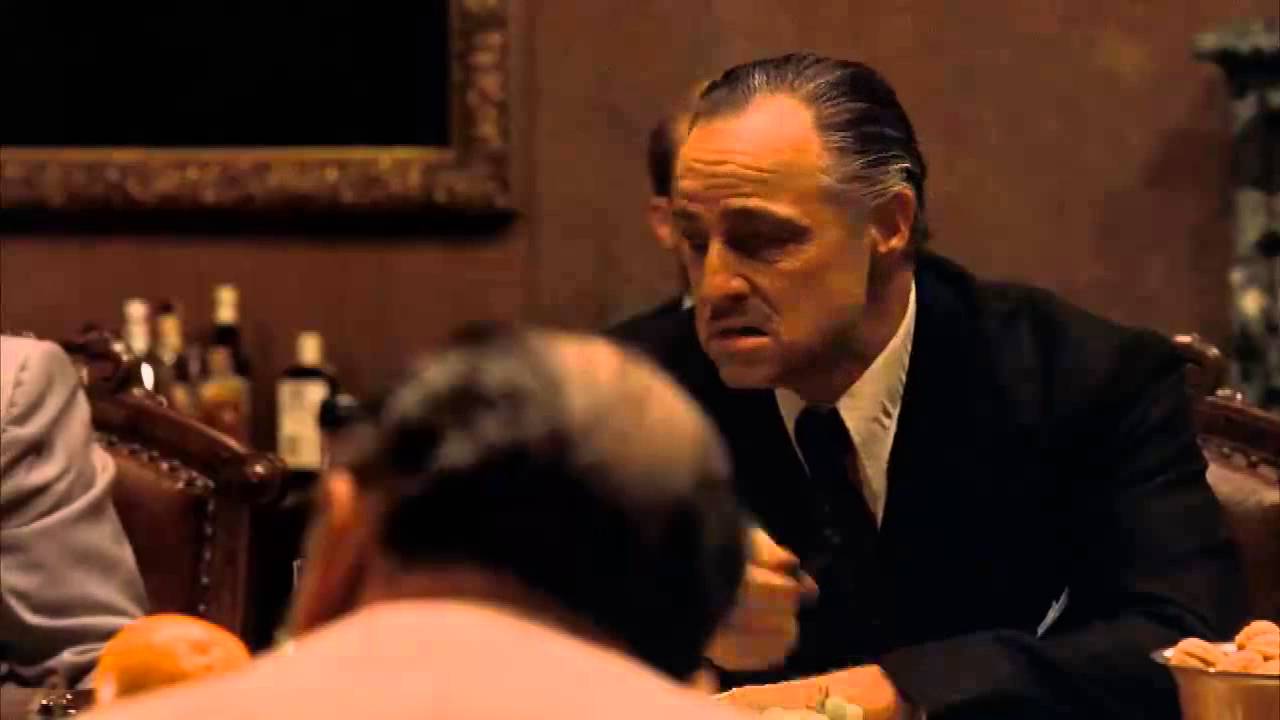
Final Thoughts:
The Godfather is more than just a gangster movie—it is a profound meditation on power, family, and the moral complexities of life. Francis Ford Coppola’s direction, combined with unforgettable performances from Marlon Brando, Al Pacino, and the rest of the cast, makes this film an enduring classic that continues to captivate audiences decades after its release. Its exploration of the American Dream and the cost of power remains as relevant today as it was in 1972.
For anyone seeking a film that transcends the crime genre and delves into the deeper questions of loyalty, family, and morality, The Godfather is an essential viewing experience.
Movie Information:
- Title: The Godfather
- Director: Francis Ford Coppola
- Starring: Marlon Brando, Al Pacino, James Caan, Robert Duvall, Diane Keaton
- Genre: Crime, Drama
- Release Date: March 24, 1972
- Running Time: 175 minutes
- Rating: R
- Plot Summary: Vito Corleone, the aging head of the Corleone mafia family, seeks to pass on his legacy to his reluctant youngest son, Michael. As power struggles arise within the family and between rival gangs, Michael is drawn deeper into the world of organized crime, setting him on a dark path of betrayal and violence that will change his life forever.
SUGGESTED VIDEO FOR YOU:
[Movie Review] The Beekeeper 2 (2025): A Secret Agent’s Battle Against a Fraud Syndicate
[Movie Review] The Legend of a Hero Specializing in Hunting the Most Terrible Monsters in Greece




